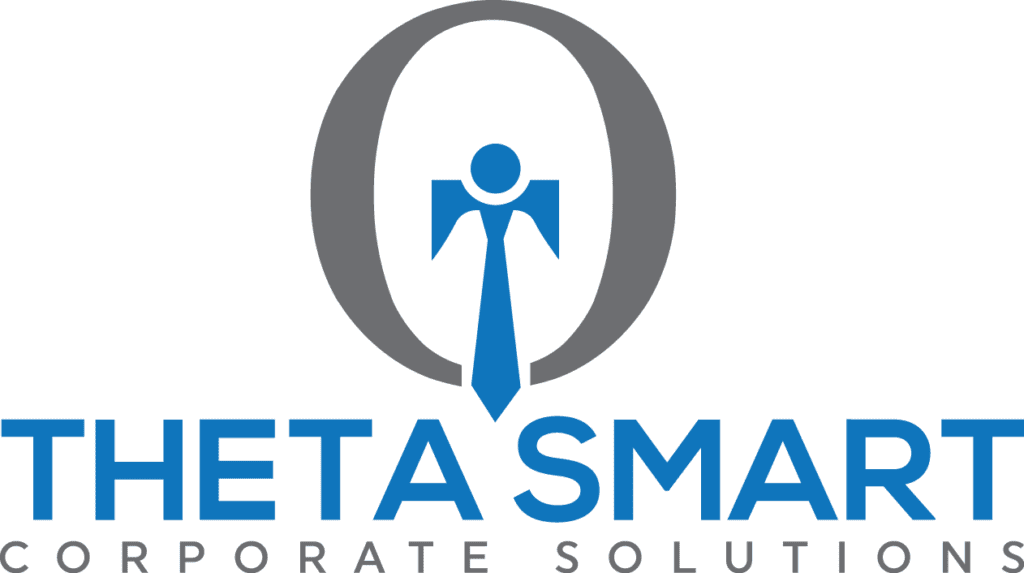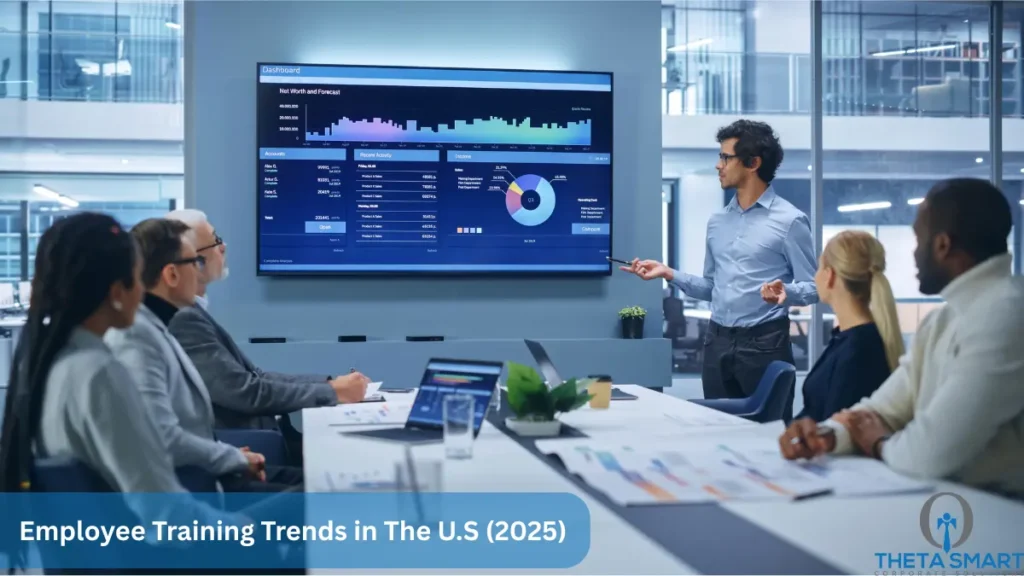Managing payroll and following all the rules in the HR staffing world in the USA is a serious headache, yaar. Staffing firms have to keep up with so many laws like the FLSA and EEO laws, all while making sure everyone gets paid on time. This guide is for you, to help you understand the main issues and how to solve them in 2026.
Why Staffing Firms Have Unique Problems
Staffing agencies face a special challenge called co-employment. This means they are the official employer, but another company, the client, is the one actually telling the workers what to do every day. This dual setup can lead to some big problems if you’re not careful.
- Employee Misclassification : It’s a very common mistake to get the exempt vs. non-exempt status wrong. If a worker who should be getting overtime is classified as exempt, you could end up with massive fines and have to pay them back for all that time.
- Multi-State Rules : Many firms place temporary workers in different states, and each state has its own specific rules for wages, hours, and taxes. It’s a proper mess to keep track of it all.
- High Volume and Turnover : Staffing agencies handle a lot of new hires and a high turnover rate. This makes doing payroll by hand very slow and full of mistakes. Every new person needs proper onboarding, from I-9 verification to tax forms.
Key Rules to Watch in 2026
Staying on top of new legal changes is absolutely essential for any staffing firm. Here are the main things you need to watch out for.
- Fair Labor Standards Act (FLSA) : This law covers minimum wage, overtime, and record-keeping.
- Overtime Rule : Although a judge recently stopped a planned increase to the overtime salary threshold for 2026, firms still need to be ready for future changes.
- Accurate Timekeeping : You have to track all hours worked by your non-exempt employees precisely, even time they spend on things like travel or training.
- Equal Employment Opportunity (EEO) Laws : These laws, enforced by the EEOC, are there to prevent discrimination in all areas of employment.
- Pay Equity : The Equal Pay Act says you must give equal pay for equal work, no matter the person’s gender. Staffing agencies have to make sure their pay is fair.
- Hiring: EEO laws also govern the hiring process. Make sure your job postings and screening processes are free from any bias.
- Payroll Tax Laws : U.S. payroll tax laws change every year.
- Social Security : The Social Security tax wage base went up to $176,100 for 2026.
- Federal Income Tax : The income levels for each tax bracket have been adjusted for inflation.
- Employee Deductions : New temporary tax deductions for qualified overtime and tips are available from 2026 through 2028.
The Solution : Payroll Automation
Doing payroll manually just can’t keep up with the complexity of a staffing agency. That’s why a strong payroll automation system or outsourcing your payroll is a lifesaver.
- Better Accuracy and Speed : Automation cuts down on data entry errors and makes sure all calculations are correct. Systems can automatically apply different state tax rates and overtime rules based on where an employee is working.
- Automatic Compliance : The best systems are updated constantly to reflect changes in federal, state, and local payroll rules, helping firms avoid penalties.
- Improved Record-Keeping : Automated systems create a secure, digital record of all payroll and employee data. This is super important for compliance and can save you during an audit.
- Streamlined Onboarding : Automation makes onboarding new hires very simple, with digital I-9 forms and automatic tax form generation, so you are compliant from day one.
The Takeaway
Handling payroll and compliance in the HR staffing industry is a major task, no doubt. But by correctly classifying employees, staying updated on the latest laws, and using payroll automation, firms can lower their risks and focus on their main business. The best payroll solutions for temporary staffing in USA offer more than just a service, they give you a true partnership in compliance.




